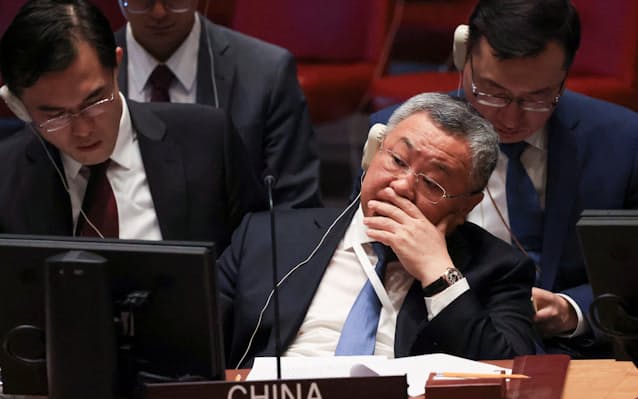China has asserted its veto power to douse Japan's ambitions to become a permanent member of the United Nations Security Council. The contentious move comes amid emerging geopolitical tensions in the Asian region. While China did not provide an explicit reason, it is widely perceived that longstanding Sino-Japanese political and territorial disputes underpin the verdict. The timing and the impact of this veto remain to be fully understood.
In Japan, the story is being received with disappointed but not unsurprising reactions. The country has long aspired for a permanent seat at the global decision-making table, seeing it as a rightful recognition for its economic power, diplomatic contributions, and peace commitments. The block on this ambition by China tends to intensify the existing tensions and deepen the sense of nationalistic competitiveness between the two East Asia giants.
Such geopolitical maneuverings are not uncommon across the globe. In the EU and US, similar power dynamics often play out on a different stage, such as NATO, where member nations jockey for influence and legitimate recognition. Although, veto power within these contexts is not as potentially unilateral or consequential as it can be in the UN Security Council.

